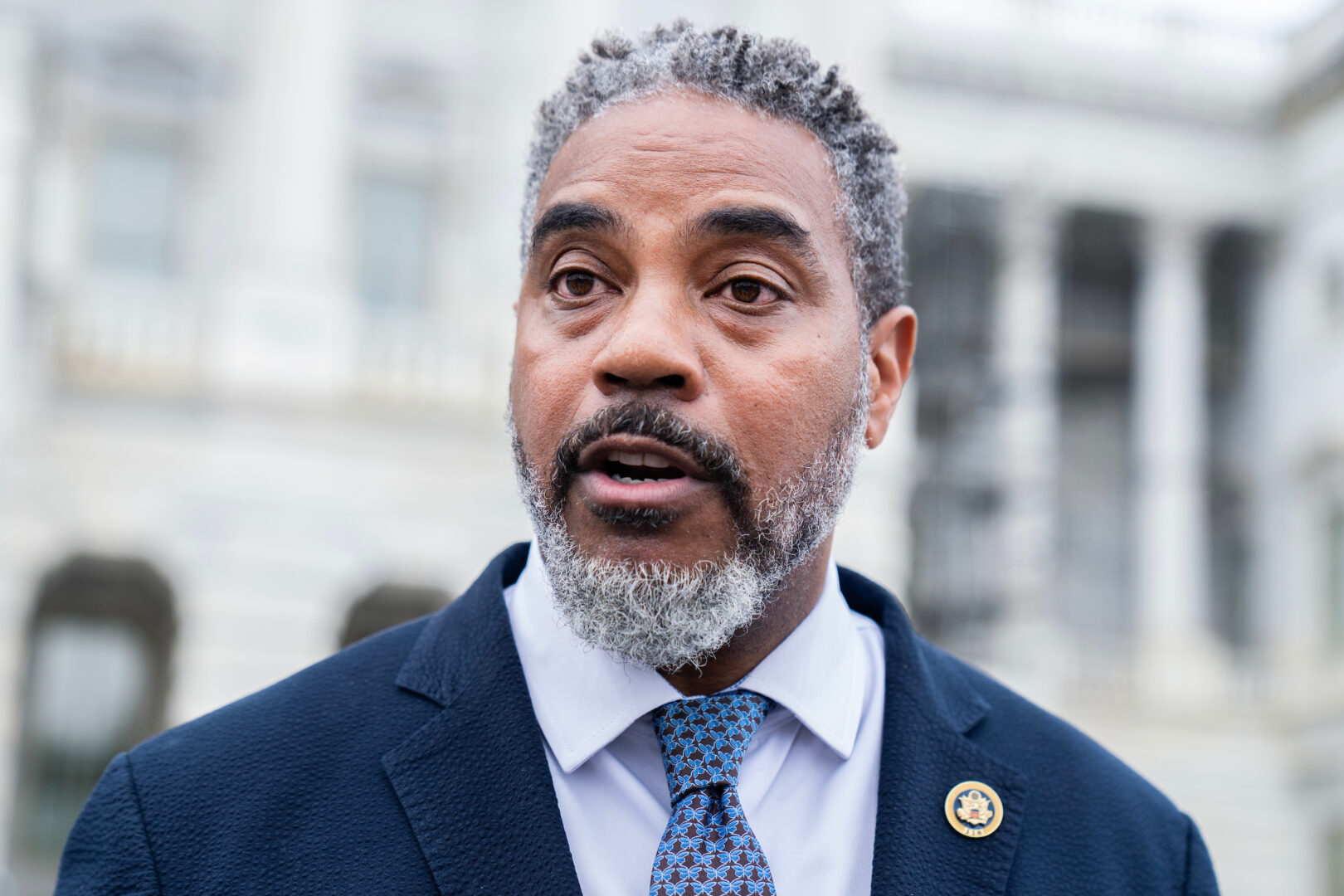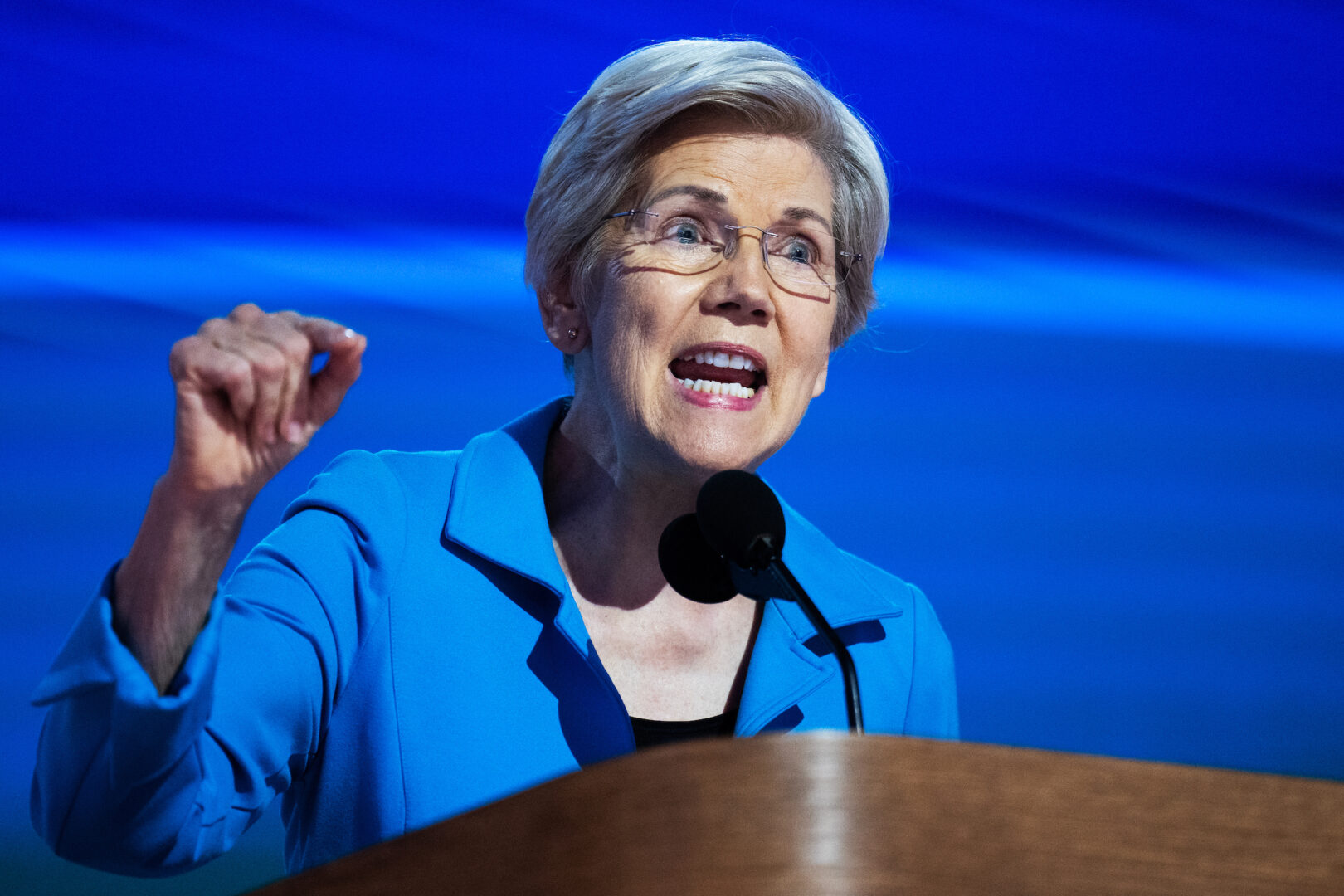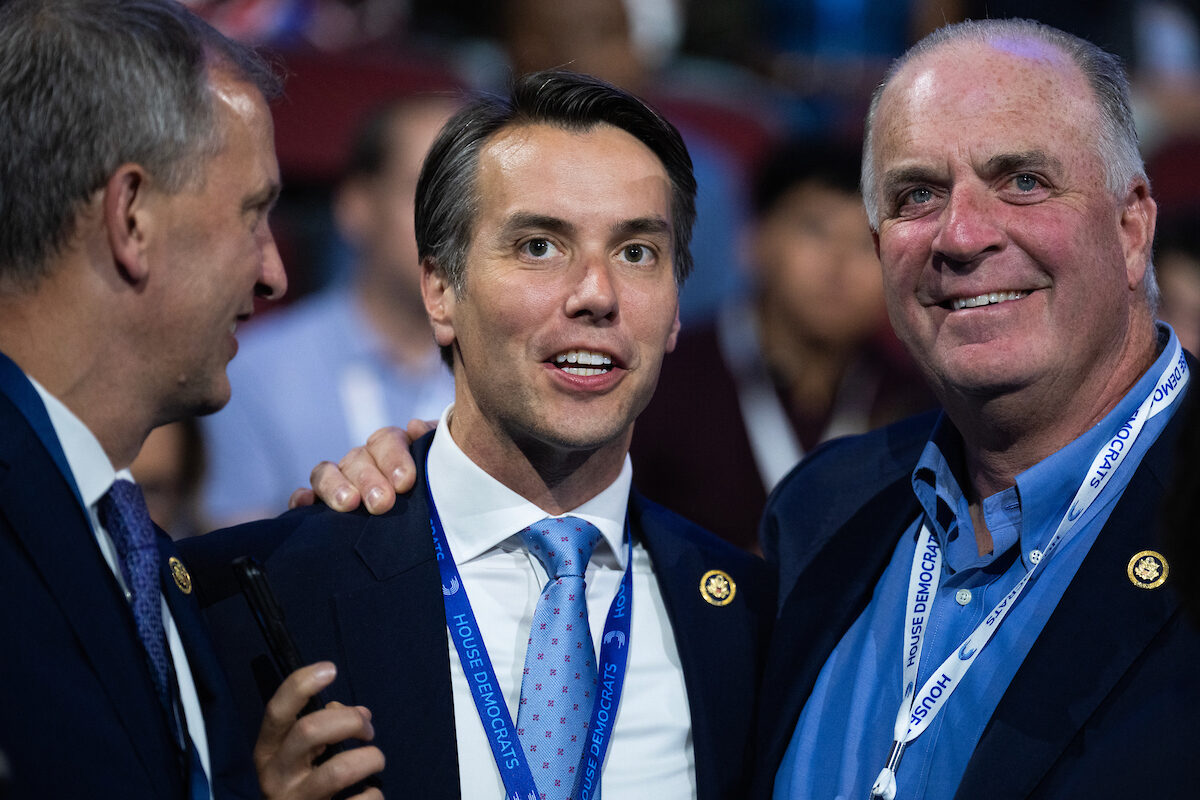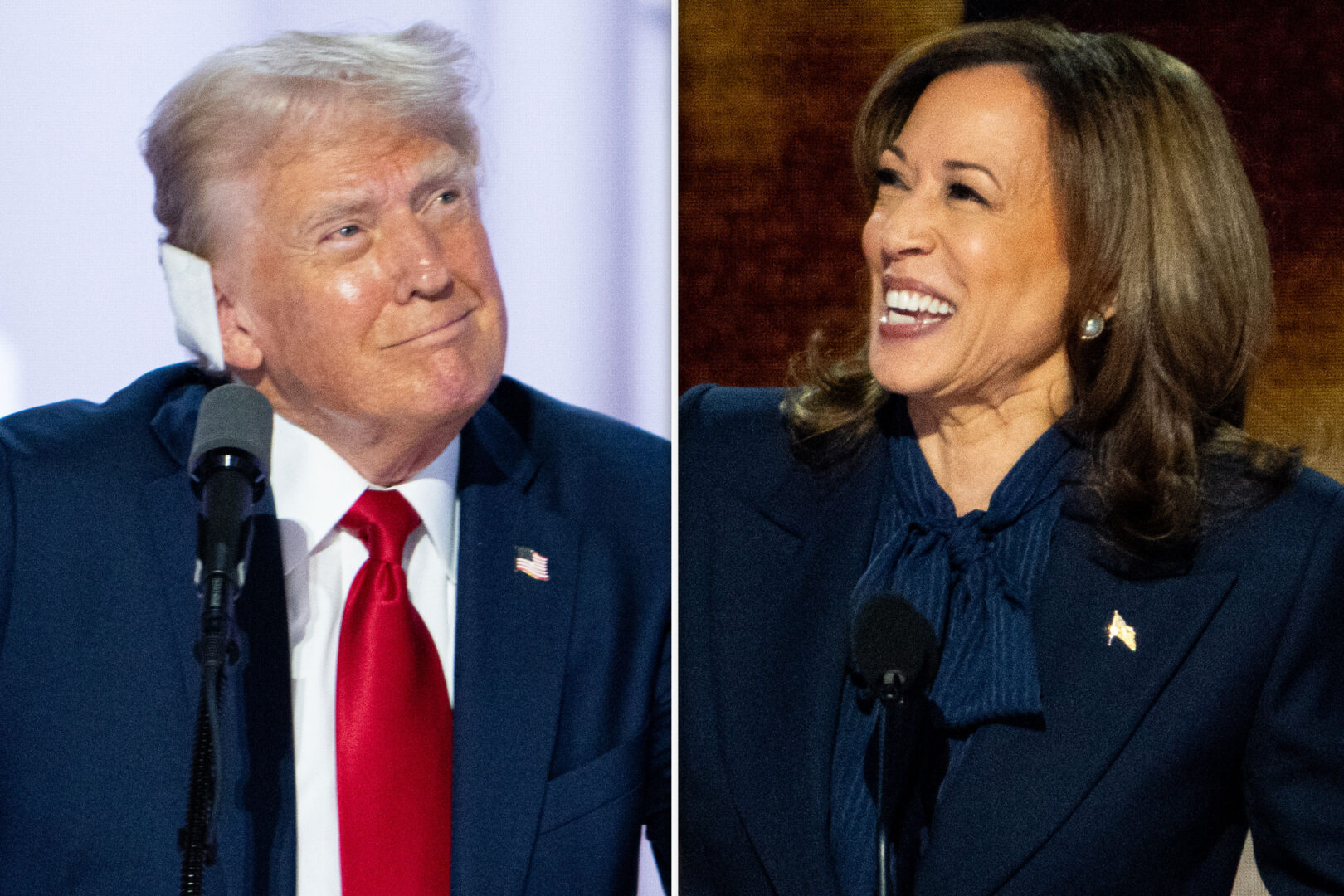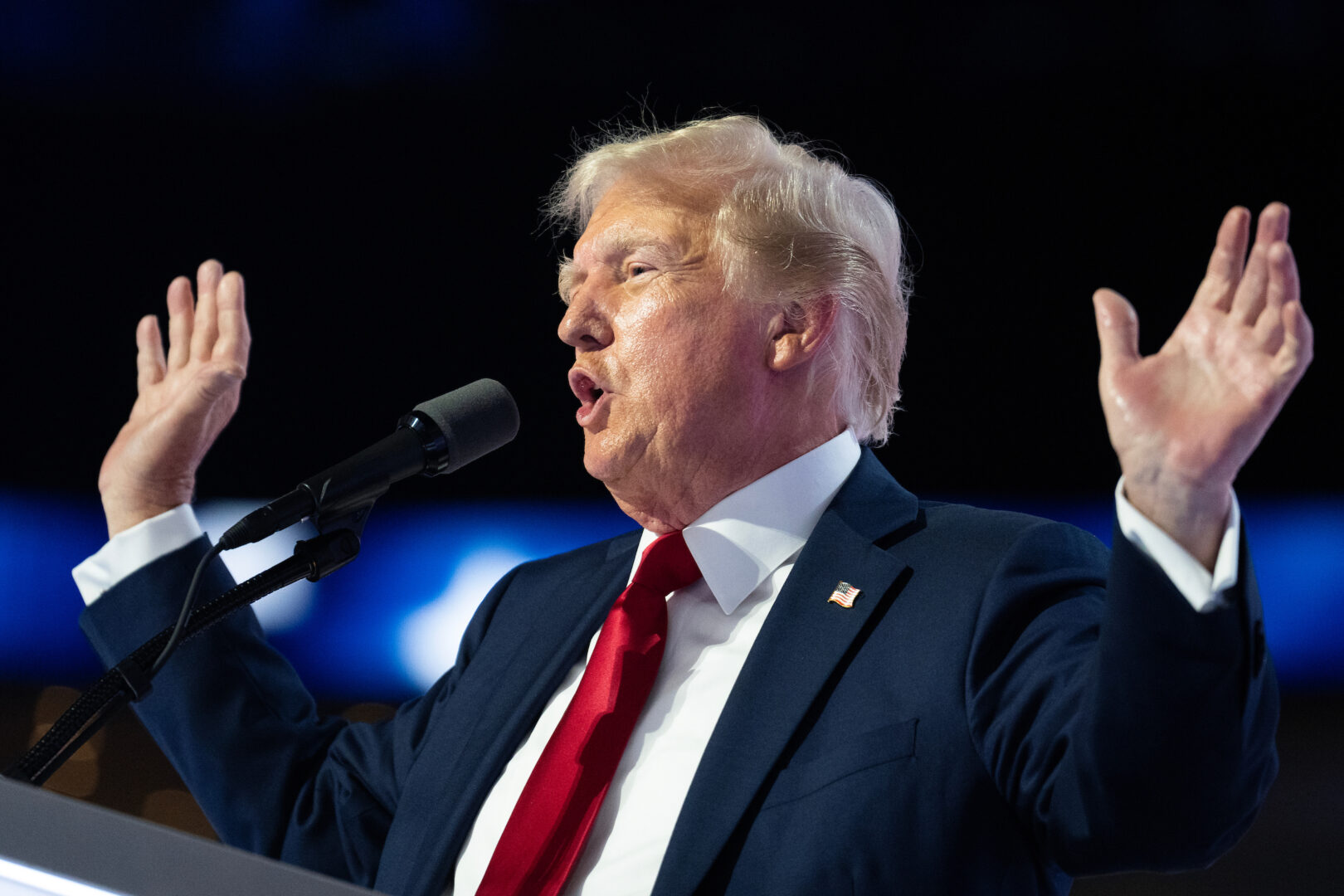Afghanistan withdrawal becomes 2024 election issue
Monday marks third anniversary of deadly terrorist attack
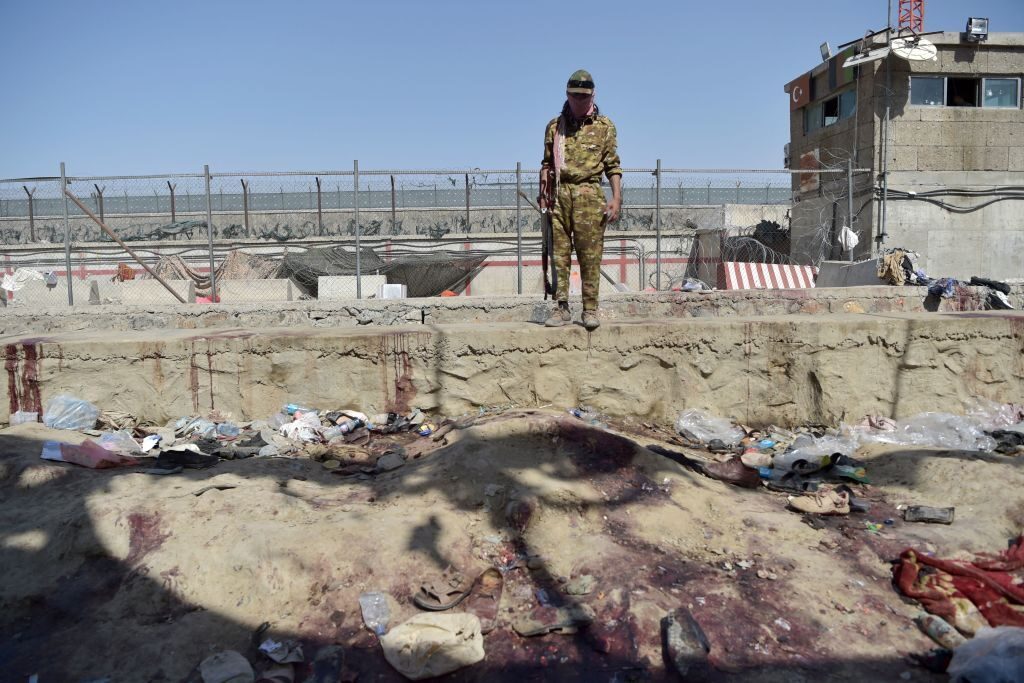
On the third anniversary Monday of a terrorist attack that killed 13 U.S. troops at Kabul airport in Afghanistan, Republicans pushed to make that deadly day a political vulnerability for Vice President Kamala Harris.
At issue is the chaotic withdrawal of U.S. troops in the final week of their presence in Afghanistan in August 2021 and a bombing by the ISIS-K group that killed not just those American troops but also more than 100 Afghans at Abbey Gate outside Kabul’s Hamid Karzai International Airport.
While the deaths occurred on the watch of President Joe Biden and Harris, former President Donald Trump, who had downsized U.S. forces and signed an agreement with the Taliban to reduce the U.S. troop figure to zero by May 2021, was also partly to blame, former Trump administration officials and other experts have said.
Regardless, Trump sought on Monday to highlight the disastrous withdrawal as the exclusive property of Harris. Trump was echoed in that critique by a chorus comprising every Republican chairman of a House national security panel — as well as numerous other GOP lawmakers, the Republican National Committee, the House Republican Conference and other conservatives.
The coordinated GOP attacks on Harris’ role in the shambolic Afghanistan withdrawal show that Republicans see the handling of the pullout as an issue they believe they can exploit as the presidential campaign nears its final two months.
Social media posts on Monday by Trump allies highlighted Harris’s comments in a broadcast interview after Biden’s April 2021 decision to completely withdraw all U.S. troops from Afghanistan. In the interview with CNN, Harris had said she was the last person in the room when the decision was made.
GOP campaign
Trump took part Monday in a wreath-laying ceremony for three of the 13 slain troops at Arlington National Cemetery. Some of his supporters noted on social media that neither Biden nor Harris were there.
National Security Council spokesman John Kirby told reporters that Trump had been invited by at least one of the families. Kirby seemed to imply that Biden was not invited but did not explicitly say so.
Laying a wreath at Arlington Cemetery is just one way to show support for U.S. veterans of the Afghanistan war, Kirby said.
“Another way is to continue to work, maybe not with a lot of fanfare, maybe not with a lot of public attention, maybe not with TV cameras, but to work with might and main every single day to make sure that the families of those of the fallen and of those who were injured and wounded, not just at Abbey Gate but over the course of the 20 some-odd years that we were in Afghanistan, have the support that they need,” Kirby said.
Later in the day, in a speech to the National Guard Association of the United States, Trump acknowledged that he had supported the complete withdrawal of U.S. troops from Afghanistan but “not the way they did it. We were going to do it with dignity and strength.”
Trump said he would have made sure U.S. troops were not drawn down to such low levels so quickly. By the final week of the war in August 2021, just 650 U.S. servicemembers remained, down from a 2011 high of 98,000. During Trump’s presidency, U.S. troop levels went from about 10,000 up to about 15,500, only to drop to 2,500 when he left office.
Like Trump’s contention that there would be no war in the Middle East or Ukraine if he had been reelected in 2020, there is no way to prove that the outcome in Afghanistan would have turned out better under Trump’s watch than it did under Biden.
Trump averred on Monday, also without evidence, that the botched withdrawal from Afghanistan was such a hit to U.S. credibility that it led directly to Russia’s 2022 invasion of Ukraine and Hamas’ 2023 attack on Israel.
Calling Aug. 26, 2021 “the most embarrassing day in the history of our country,” Trump said that, if elected in November, he would fire any still-serving senior U.S. official who played a role in organizing the 2021 withdrawal.
Meanwhile, Sen. JD Vance, R-Ohio, the GOP nominee for vice president, similarly assailed Harris and Biden for not paying enough respect to the 13 fallen servicemembers.
“What an unbelievable country that we have, where you have these 13 beautiful young people who are willing to give their lives for it, and what an unbelievable slap in the face it is to our country that we don’t have a leadership that’s actually equal to the young people who put on the uniform every single day,” Vance said.
Vance was joined on the call by the Gold Star families of three of the servicemembers who were killed in the attack. When asked by reporters if any of the families had heard from Biden or Harris, all said they had not.
Democrats commemorate the fallen
Also on Monday, Biden, Harris and Defense Secretary Lloyd J. Austin III issued statements that marked the service and sacrifice of the 13 troops and others who served during two decades of U.S. military engagement in Afghanistan, America’s longest war.
“As I have said, President Biden made the courageous and right decision to end America’s longest war,” Harris said. “Over the past three years, our Administration has demonstrated we can still eliminate terrorists, including the leaders of al-Qaeda and ISIS, without troops deployed into combat zones.
“I will never hesitate to take whatever action necessary to counter terrorist threats and protect the American people and the homeland.”
Congressional Democrats were largely silent about the anniversary, with a few exceptions.
Rep. Jason Crow, D-Colo., a member of the Foreign Affairs and Intelligence committees, wrote on X, formerly Twitter, that America “can never repay” those 13 servicemembers or their brothers and sisters in arms.
Rep. Marcy Kaptur, D-Ohio, a member of the House Defense Appropriations Subcommittee, noted on X that the 13 fallen servicemembers will be honored Sept. 10 with the Congressional Gold Medal. Speaker Mike Johnson, R-La., earlier on Monday announced the ceremony would occur.
Blame to spare and share
Despite politicians’ attempts to draw distinctions between the two political parties over Afghanistan, the process of withdrawing U.S. forces from Afghanistan in 2020 and 2021 had bipartisan support.
In fact, two former Trump national security advisers, H.R. McMaster and John Bolton, have said Trump’s actions in the last year of his administration led to a large degree to the Taliban takeover of the Afghan government and, soon thereafter, the chaotic final days of U.S. military deployments. Both have also taken Biden to task for how he handled the pullout.
Trump had inked a deal with the Taliban in February 2020 that called for withdrawing all U.S. troops by May 2021 if the Taliban would stop supporting terrorists.
On Monday, the congressional Republicans who criticized Harris and Biden for their record in Afghanistan included four committee chairs: Rep. Michael McCaul of Texas of the Foreign Affairs Committee; Rep. Mike D. Rogers of Alabama from the Armed Services Committee; Rep. Michael R. Turner of Ohio from the Intelligence Committee; and Rep. Mike Bost of Illinois from Veterans’ Affairs.
Rogers, for example, said ISIS-K “took advantage of the Biden-Harris administration’s chaotic withdrawal to launch an attack.”
The House Foreign Affairs Committee will issue a report on the Afghanistan withdrawal in the coming weeks, McCaul said in his statement.
Meanwhile, the Afghanistan War Commission, which Congress created in the fiscal 2022 NDAA plans to issue a second interim report a year from now and a final assessment in August 2026.
Briana Reilly and Mark Satter contributed to this report.
